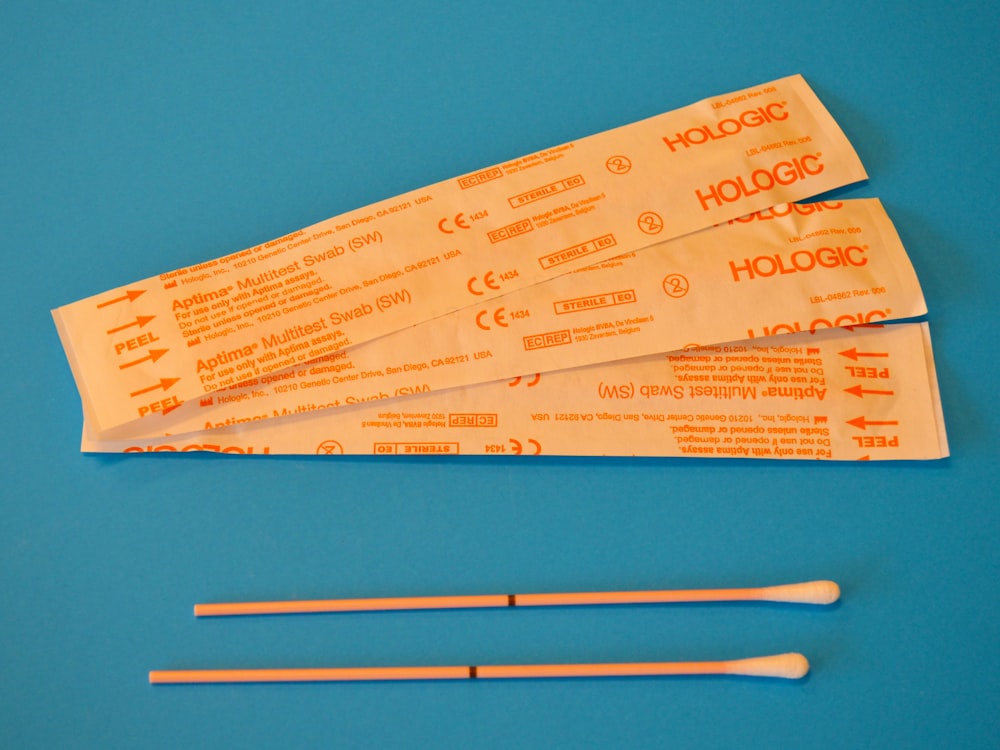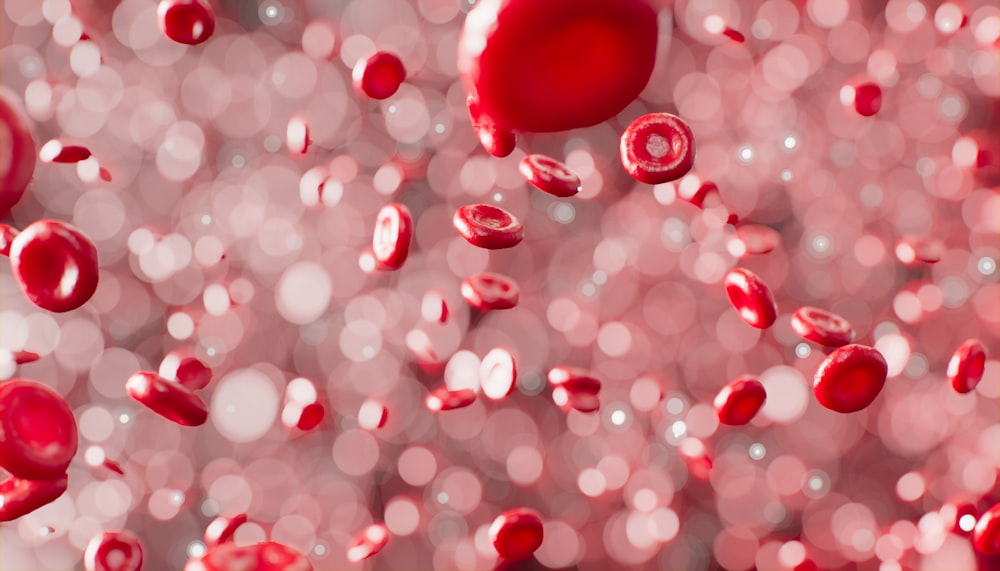
When you neglect to get PAP tests, you’re neglecting your health. According to the World Cancer Research Fund, cervical cancer is the 4th most commonly occurring cancer in women. Fortunately, it is one of the most treatable forms of cancer, as long as it is diagnosed at an early stage and managed with treatment. For this reason, regular PAP tests are very important because they can be the difference between life and death.
Cervical cancer diagnosed in the later stages is much more difficult to treat. Those that have metastasized can only be addressed with palliative care. Thus, if you are a woman, you should take proactive control over your health with a PAP test. It is the best diagnostic test for early cervical cancer detection. It’s your responsibility to schedule PAP tests, and it’s irresponsible not to. Learn more about PAP tests below:
What Exactly Are PAP Tests?
A PAP test, also called a PAP smear or cervical smear, is a procedure used to screen for cervical cancer. It is done in conjunction with a pelvic exam. A PAP test involves collecting cells from your cervix to screen for cancer. Your cervix is at the lower end of your uterus that’s on top of the vagina, and studying the cells under a microscope.
The PAP test is named after Georgios Papanikolaou, the doctor who found that this cervical smear could detect early signs of cervical cancer.
PAP tests are a vital part of your healthcare routine when it comes to preventive healthcare, because it can help find abnormal cells that can be a precursor for cancer. Your gynecologist can find cancer cells early if you have regular PAP tests and pelvic exams. Again, cervical cancer is treated successfully when found early.
Besides finding cancerous cells, PAP tests can also reveal other cervical and vaginal problems. Your gynecologist can also use the PAP test to check for the following issues:
- Inflammation
- Abnormal cells
- Precancerous lesions
- Infections

Can the PAP Test Check for STDs?
For women older than 30, the PAP test is combined with HPV or human papillomavirus test. HPV is a common sexually transmitted disease (STD) that can cause cervical cancer. This is the most common risk factor for cervical cancer in women. According to the World Health Organization, 99% of cervical cancer cases are linked to HPV infection. That’s why healthcare providers strongly encourage women to get the HPV vaccine.
Apart from combining the HPV test, the PAP test cannot detect other STDs. To test for diseases like gonorrhea or chlamydia, your gynecologist takes sample fluids from your vagina. This is not the same material composition as cervical cells, taken in the PAP test.
How Often Should a PAP Test Be Done?
Doctors suggest beginning cervical cancer screening at age 21, even if you are not sexually active. However, it is vital to speak with your healthcare provider about when and how often to get the test done. Professionals base the screening procedures on your age and risk factors, such as having a family history of cervical cancer.
In general, doctors recommend getting a PAP test every three years for women aged 21 to 65 years old. However, women older than 30 can get one done every 5 years if combined with an HPV test. Moreover, the American College of Obstetrics and Gynecologists also said in their guidelines that if you have 3 normal PAP tests in a row, you can get tested once every 3 years.
However, these test exemptions do not apply if you have elevated risk factors. In that case, your gynecologist may suggest more frequent checks regardless of age. These elevated risk factors include the following:
- Family history of cervical cancer
- A previous diagnosis of cervical cancer
- A PAP smear showing precancerous growth and lesions
- Exposure to DES or diethylstilbestrol before birth
- HIV infection
- Weakened immunity due to chemo, persistent corticosteroid use due to chronic illness, or organ transplant
- History of smoking
- Sexually active with multiple partners
What Happens During a PAP Test?
PAP tests are conducted in your gynecologist’s office with complete privacy because you will be undressed from the waist down with only a coverup. In general, this is how the test is done:
- You lie on the exam table with your feet on stirrups.
- The doctor will insert a metal instrument called a speculum into the vagina to spread the walls and show the cervix.
- A small spatula or swab is used to gently remove cells from the cervix and back of the vagina.
- These cells are then placed in a vial or smeared on a glass slide for examination under a microscope.
- If doing an HPV test, the doctor will also collect samples.
- Should you have other symptoms of vaginal infection, the doctor may also take more samples for testing.
- All samples are sent to the lab for testing, and you will get the results after a couple of days.
- A pelvic exam is almost always done in conjunction with the PAP test.
How to Prepare for the PAP Test?
You have to make sure you are not menstruating when you get your PAP test. In addition, the following may also interfere with the test, so be sure to cease the following:
- Vaginal creams, jellies, foams must be stopped for 2 to 3 days before the test as they may alter the pH balance and hide abnormal cells.
- Stop douching 2 to 3 days before the test as it can wash away surface cells.
- Do not have sex 24 hours before the test, which can cause inflammation within the tissue.
- Tell the doctor if you suspect any infections or take certain medications like tetracycline.
Generally, you do not need to do anything for the test, but do tell your doctor if you have a latex allergy or take other medications and supplements. You must also inform your healthcare provider when you last menstruated and have a history of bleeding disorders.

What Happens After the PAP Test?
After the procedure, you can use cleansing wipes to tidy up yourself and change back to your clothes. Because the doctor scrapes your cervix, you may experience a bit of bleeding. You can wear sanitary pads or pantyliners to catch any blood spots. If you experience any of the following post-test, see a doctor right away:
- Immense bleeding
- Severe abdominal pain
- Fever or chills
- Foul-smelling discharge from the vagina
The PAP test results from the lab will take a few days. Once they are out, you can expect to hear from your doctor.
What Will Happen If PAP Tests Are Neglected?
Going without a PAP test for many years is dangerous, especially for older women. Remember, detecting cancer early with this cervical smear provides you a greater chance of a cure. This test also detects changes in cervical cells that suggest you may develop cervical cancer in the future. Therefore, detecting any abnormal activity with the PAP test is your first line of defense against halting the development of cervical cancer.
The PAP test is one of the most important procedures you need as a woman to protect your life. If you fail to follow suggested testing guidelines, you put yourself at risk. Remember, prevention is always better than a cure.
If you truly want to be more proactive about your health, it would also help to take a CircleDNA test to find out your genetic cancer risks. Apart from revealing your ancestry, this at-home DNA test will reveal any genetic risk factors, including your predisposition to certain cancers based on your genetics. Your biggest ally in fighting cancer is early detection, and getting a DNA test is a smart step toward preventive health.
When Would Someone No Longer Need PAP Tests?
In certain cases, your doctor may no longer recommend PAP tests. These cases are the following:
- If you have had a total hysterectomy, where both your uterus and cervix are removed for noncancerous reasons like uterine fibroids, you no longer need this test. However, if you’ve had precancerous or cancerous conditions of the cervix before the hysterectomy, your doctor may propose continued testing.
- If you are 65 and older with 3 normal pap tests in a row, you can consider discontinuing the PAP test.
Again, it is best to discuss your options with your family doctor. You must decide together what’s best for you based on your life stage and risk factors.
Always strive to be responsible about your health, and be proactive. Don’t neglect your health. Schedule PAP tests as regularly as your doctor recommends, whether that’s once per year or once every 3 years. Regular health checkups are a pertinent form of self-care.






